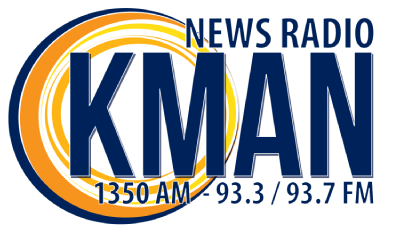WICHITA, Kan. (AP) — Health care providers in Kansas are facing financial strains as the coronavirus leads to an increase in the cost for supplies and a sharp drop in the number of patients seeking routine and non-emergency care.
Wichita-based Stormont Vail Health CEO Robert Kenagy said in a statement Tuesday that cuts in wages are necessary so all staff can continue getting paid. Staff working face-to-face with patients in acute care and emergency settings are exempt from pay cuts. Others will see reductions ranging from 10% to 50%.
“Our goal is to preserve our team,” said Kenagy, who is taking a 35% pay cut. “When sacrifice is required, we have vowed to share it equitably.”
All kinds of providers — from hospitals to community health centers — are feeling the strain. The number of confirmed cases grew Tuesday to 428, up from 369 a day earlier. Johnson County, the state’s most populous county, reported a third death from the virus, pushing the state’s total to 10.
Providers make a lot of their money from routine and ordinary care, such as physicals, child checks and management of chronic conditions like diabetes.
“All of those to a certain extent are on hold right now,” said physician Chad Johanning, who is a partner at Lawrence Family Practice Center and the president-elect of the Kansas Academy of Family Physicians. Even with telehealth visits, he has seen a 50% drop.
For most people, the virus causes mild or moderate symptoms, such as fever and cough that clear up in two to three weeks. For some, especially older adults and people with existing health problems, it can cause more severe illness, including pneumonia, and death.
Advocates for physicians and providers are asking Gov. Laura Kelly to provide some form of assistance to the state’s health care industry. While the $2 trillion federal relief package signed into law last week will make a total of about $117 billion available nationwide to rural and urban health systems, health officials say more help is needed.
Ideas range from a bridge loan program for practices to advancing scheduled grant payments for community health centers.
“They’re not talking about a month from now. Many of these practices are looking a week to 10 days out and know they can’t meet payroll based on current circumstances,” said Rachelle Colombo, director of the Kansas Medical Society, a physician advocacy group.
Community health centers are already under serious financial pressure. Denise Cyzman, CEO of the Community Care Network of Kansas, which represents the centers, said patient visits have plunged between 50 to 75%. Some centers risk running out of cash soon.
“They’re already starting to lay people off,” Cyzman said.


